Mastung massacre: Shutter-down strike in Quetta
Protesters demand arrest of those behind the attack.
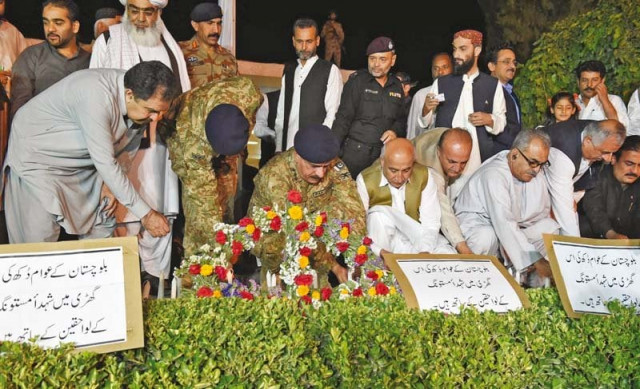
Balochistan CM Abdul Malik Baloch, Commander Southern Command Lt-Gen Nasser Khan Janjua light candles at a ceremony to pay their respects to the attack victims in Mastung. PHOTO: EXPRESS/BANARAS KHAN
Forty-eight hours after the grisly killing of 22 bus passengers in Mastung district, traders and transporters in Quetta and several other parts of Balochistan observed a shutter-down strike in solidarity with all those killed in the execution-style attack.
Passengers travelling aboard two Karachi-bound buses were first abducted and then lined up and shot dead by gunmen, who later identified themselves as activists of a Baloch insurgent group, late Friday.
Business centres across the provincial capital remained closed while vehicular traffic remained sparse as part of the protest. Expressing solidarity with the victims, trade unions and political parties organised protest rallies across the volatile province to condemn the Mastung massacre.
Leaders from both sides of the political aisle joined the Balochistan Chief Minister Dr Abdul Malik Baloch in his call to observe mourning in the province.
The trade unions of Balochistan organised a protest rally from Masjid Road which passed from different parts of the city and staged a demonstration outside the Quetta Press Club. The rally was headed by the trade union chief Abdul Raheem Kakar.
Besides Quetta, a shutter-down strike is also being observed in Pishin, Killa Abdullah, Chaman, Zhob, Loralai and other districts of the province.
Jamiat Ulema-i-Islam (JUI-F), Awami National Party (ANP) and Jamiat Ulema-i-Islam-Nazriyati (JUI-N) activists and traders also took to the streets in Quetta to ensure the closure of business centres on the eve of the strike.
The protesters were carrying placards and banners to condemn the incident and demanded the immediate arrest of the culprits. Lashing out at the government, protesters said the administration had failed to restore peace in province.
Terming the incident a conspiracy, a trader said the attack was planned and orchestrated by the Indian’s spy agency to disrupt peace in Balochistan.
“The Indian government is against the China- Pakistan economic corridor agreement with Pakistan,” the trader said.
According to the officials at the chief minister house, the prime minister is expected to chair an all party conference in Quetta later this week to discuss the deteriorating security situation in the insurgency-hit province.
On Saturday, Balochistan Home Minister Sarfaraz Bugti laid the blame on India’s spy agency Research and Analysis Wing (RAW) for the deadly attack on bus passengers in Mastung. “RAW is involved in the incident because India is against the China-Pakistan Economic Corridor agreement,” Bugti said at a news conference in Quetta.
Published in The Express Tribune, June 1st, 2015.

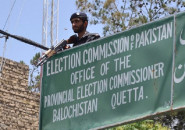
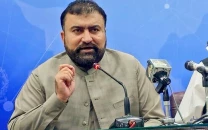



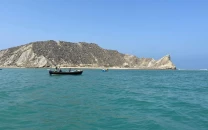



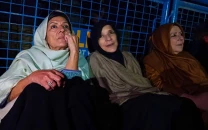







COMMENTS
Comments are moderated and generally will be posted if they are on-topic and not abusive.
For more information, please see our Comments FAQ